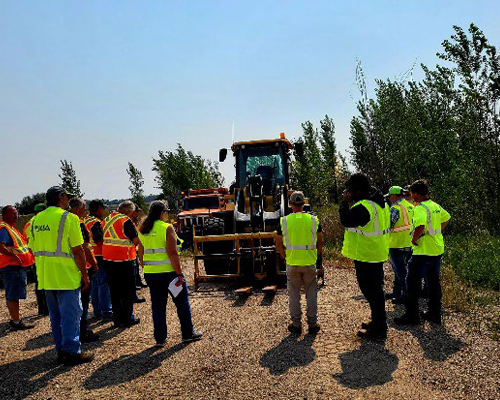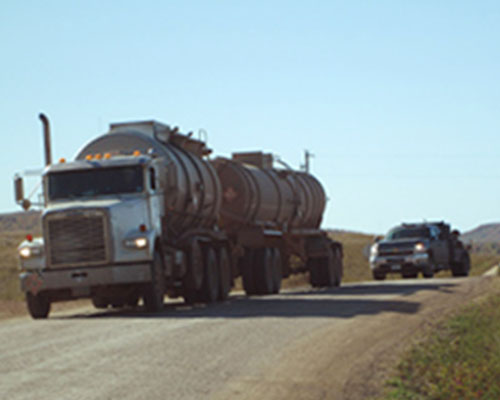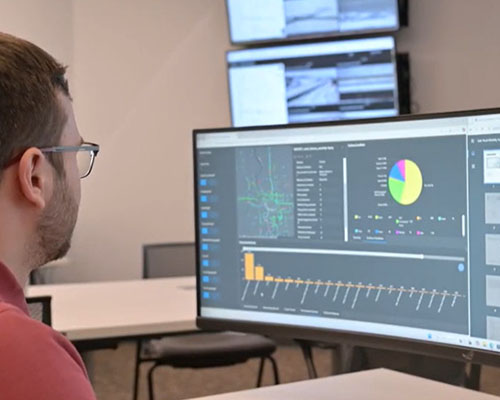February 27, 2026
This issue of the newsletter will cover screening and assessment and some of the informational tools available to judges and court personnel. The sooner that impaired drivers can be screened, assessed and connected with services, the better informed decision making will be throughout the criminal justice process. I believe this statement is true for almost all defendants.
February 27, 2026
Machine related injuries and fatalities are a major concern across industries. Machines are essential to many work tasks. They have built-in capabilities like motion, force, high temperature, and other energy sources, which contribute to its potential for causing harm.
February 25, 2026
Monthly reports for the North Dakota Grain Industry Data (Grain Trax) page were updated on February 25, 2026.
February 25, 2026
The event will be held in Box Elder, SD, just outside of Rapid City, and will focus on advancing the skills of Tribal leaders, transportation administrators, managers, equipment operators, maintenance crews and others. Experts will share experience and knowledge on improving road maintenance practices and advancing Tribal transportation infrastructure and safety.
 February 27, 2026This issue of the newsletter will cover screening and assessment and some of the informational tools available to judges and court personnel. The sooner that impaired drivers can be screened, assessed and connected with services, the better informed decision making will be throughout the criminal justice process. I believe this statement is true for almost all defendants.
February 27, 2026This issue of the newsletter will cover screening and assessment and some of the informational tools available to judges and court personnel. The sooner that impaired drivers can be screened, assessed and connected with services, the better informed decision making will be throughout the criminal justice process. I believe this statement is true for almost all defendants. February 27, 2026Machine related injuries and fatalities are a major concern across industries. Machines are essential to many work tasks. They have built-in capabilities like motion, force, high temperature, and other energy sources, which contribute to its potential for causing harm.
February 27, 2026Machine related injuries and fatalities are a major concern across industries. Machines are essential to many work tasks. They have built-in capabilities like motion, force, high temperature, and other energy sources, which contribute to its potential for causing harm. February 25, 2026Monthly reports for the North Dakota Grain Industry Data (Grain Trax) page were updated on February 25, 2026.
February 25, 2026Monthly reports for the North Dakota Grain Industry Data (Grain Trax) page were updated on February 25, 2026. February 25, 2026The event will be held in Box Elder, SD, just outside of Rapid City, and will focus on advancing the skills of Tribal leaders, transportation administrators, managers, equipment operators, maintenance crews and others. Experts will share experience and knowledge on improving road maintenance practices and advancing Tribal transportation infrastructure and safety.
February 25, 2026The event will be held in Box Elder, SD, just outside of Rapid City, and will focus on advancing the skills of Tribal leaders, transportation administrators, managers, equipment operators, maintenance crews and others. Experts will share experience and knowledge on improving road maintenance practices and advancing Tribal transportation infrastructure and safety.
